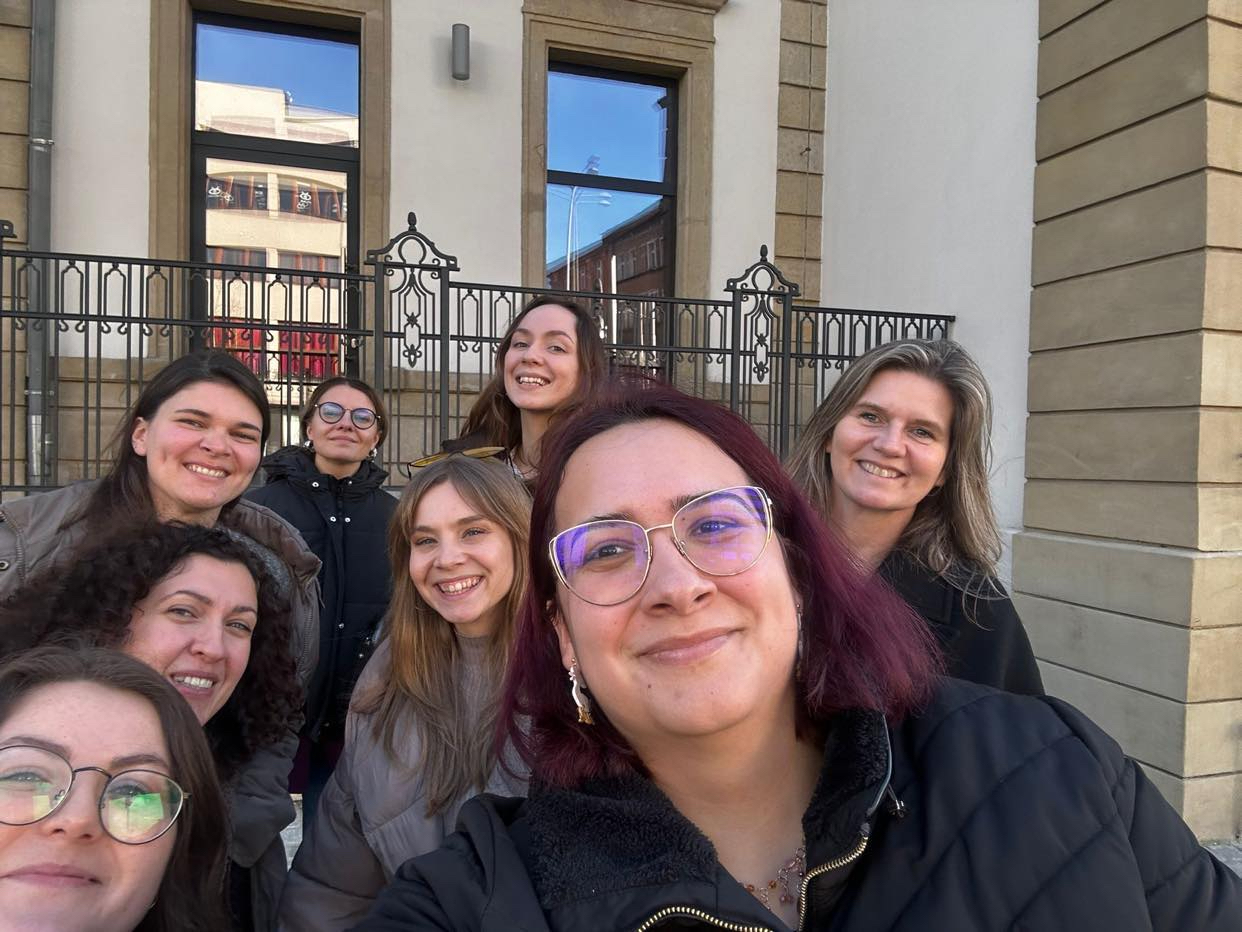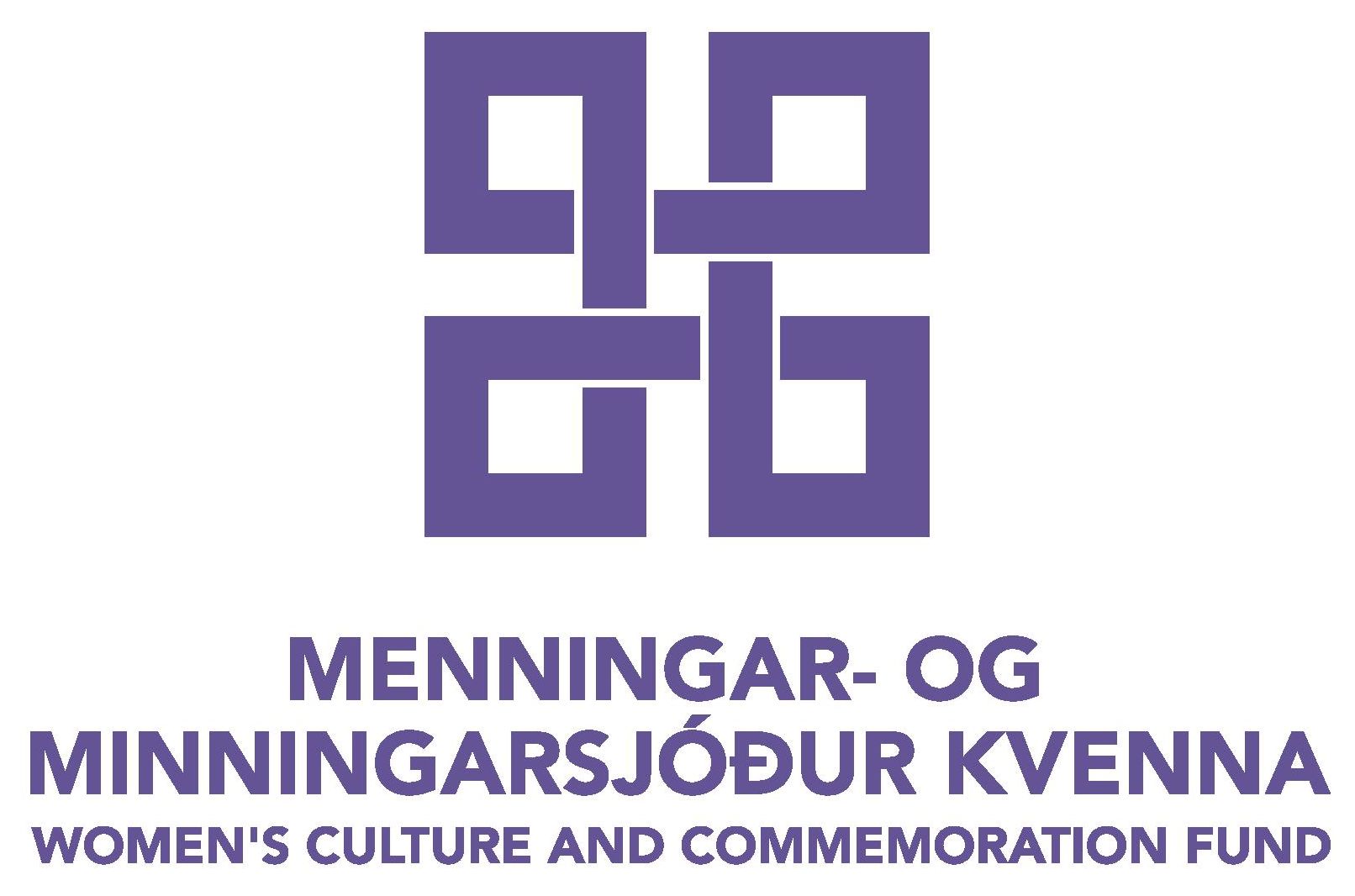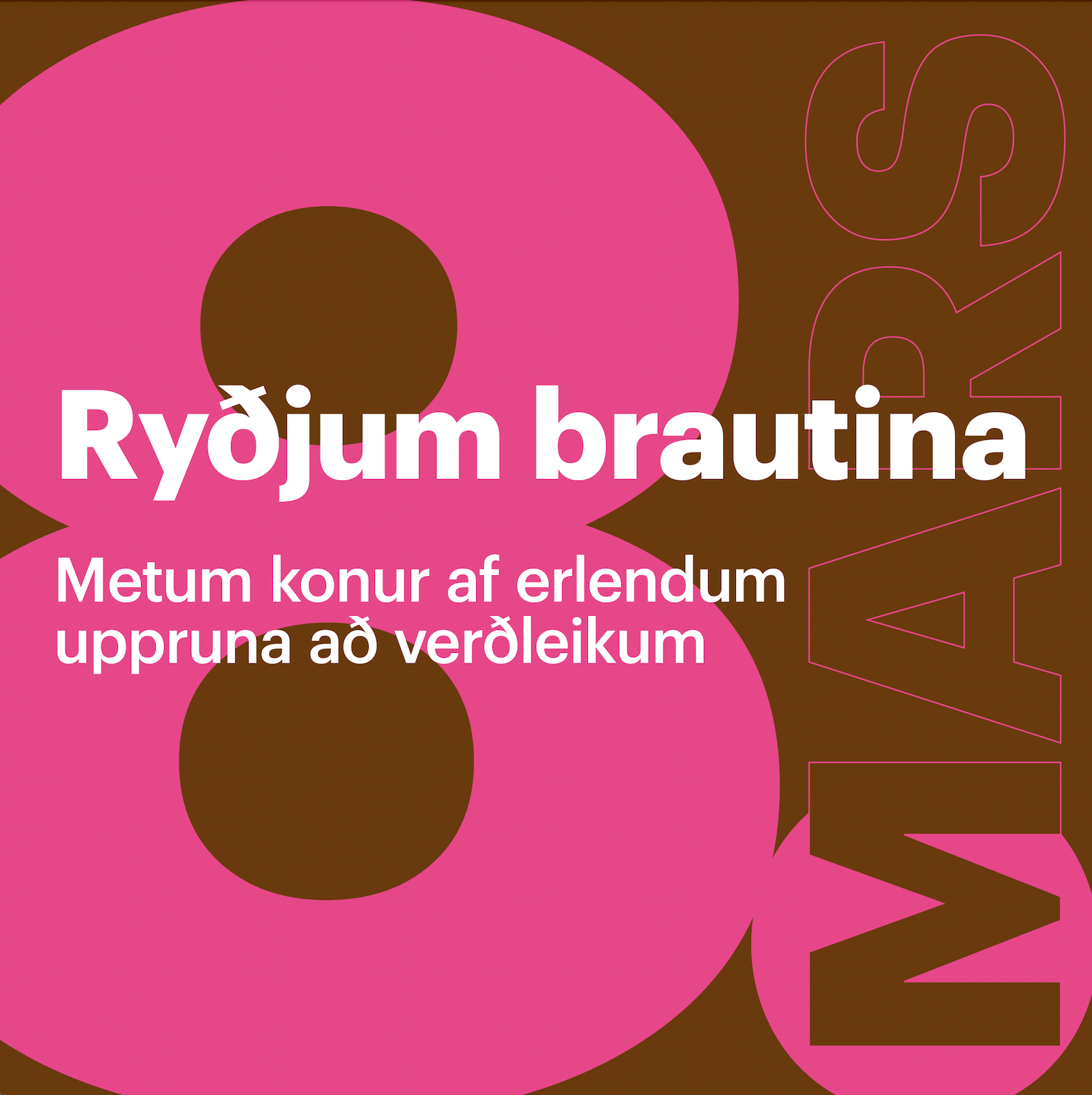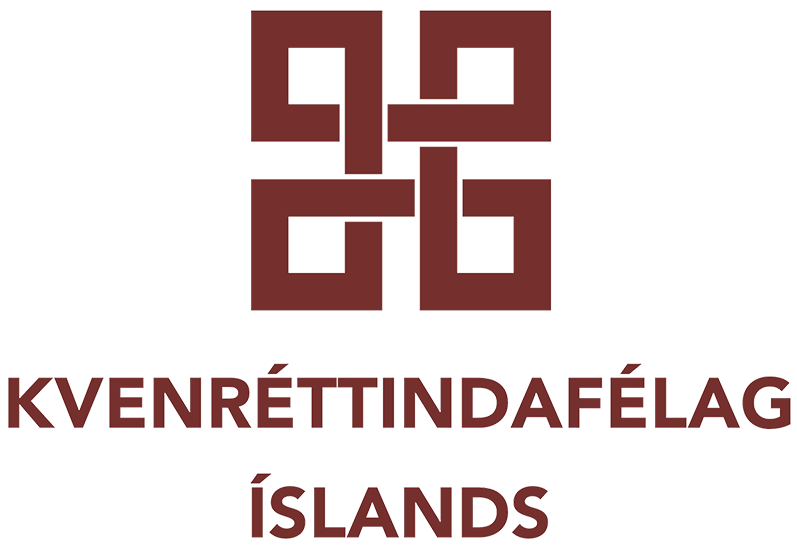
The Icelandic Women’s Rights Association condemns the discourse around two women who recently met with members of the national English football team in a hotel in Reykjavík, Iceland. By inviting the women to their hotel rooms, the two men broke Icelandic quarantine rules. The incident has been widely discussed on social media and in the media, both in Britain and in Iceland.
The shaming of the two women that has followed is a clear example of a pandemic of online violence. This discourse highlights the double standard that characterizes a rape culture, where men are excused and women are held culpable. Even though it was the two men who violated quarantine, the two women are the ones facing harsh criticism, abuse, personal vilification and slut shaming from both people online and members of the media.
This shaming is an example of online violence which has increased in recent years, with the proliferation of new technologies and the rise of social media. Online violence and harassment is a gendered phenomenon. In a recent study by the World Wide Web Foundation, 52% of young women and girls said they’d experienced online abuse, 64% of all respondents know someone who has experienced online harassment, abuse or violence, and 87% said they think the problem is getting worse.
Online violence against women and girls prevents the full participation of women in democratic discussions in society and is therefore a direct threat to democracy. Studies show that those who experience online violence suffer both online and in the real world. Abuse and harassment causes people, especially women, to self-censor online and to even avoid the internet. Online violence can also cause people to change their habits offline and withdraw from social interactions.
The Icelandic Women’s Rights Association has conducted a study of survivors’ experience of online violence and their search for protection from and justice for that violence. The study showed a lack of faith in the justice system of Iceland. The majority of women who had experienced online violence and were contacted had not sought justice for this violence. They claimed that they did not see the point in seeking help or pressing charges, since the system did not work. The study can be found here.
The Icelandic Women’s Rights Association emphasizes that the recent discourse is not only damaging to the two women personally, but also to all of society. The Icelandic Women’s Rights Assocation condemns all such shaming and discourse.




